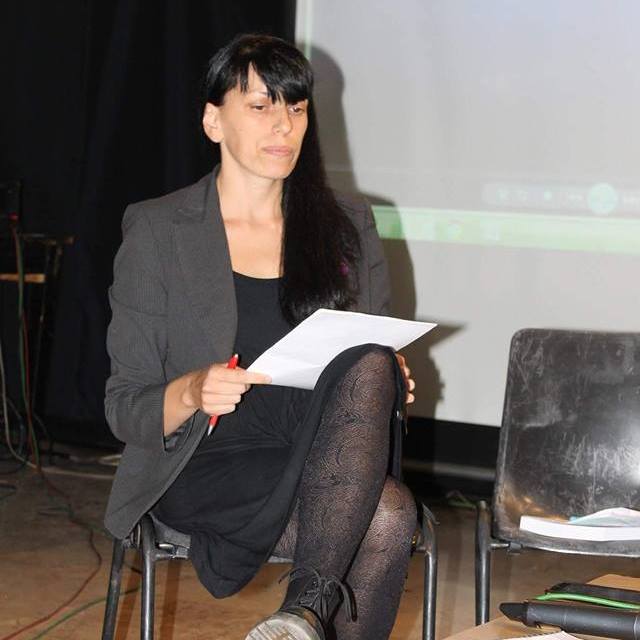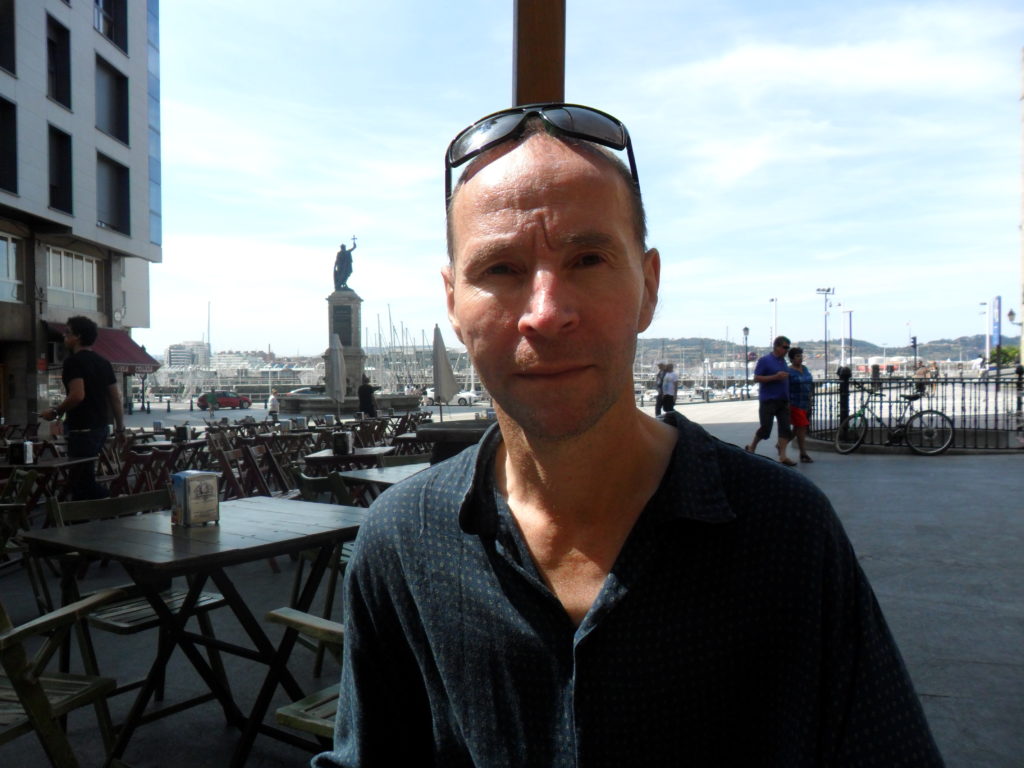An emerging thread in the ‘Let’s build peace, here and now’ conversations with local peacebuilders is the transient nature of peace, the understanding that ‘peace, not conflict, is episodic.’ In order to unpack this further we spoke to Serbian peacebuilders Jelena Memet, Anita Pantelić and Galina Maksimović who talked about the ways in which ‘war’ continues in Serbia highlighting the economic dimensions of conflict.
Equally, they drew attention, the protracted and complex nature of peace-building efforts years after the war has ended. There is a long history of young women in Serbia resisting war as well as their efforts to create spaces for dialogue and build solidarity to this day. They share the essential elements, the connection and sisterhood, from their experience of building and sustaining peace.
The transcript of the session is available here. We are also sharing the key points and learning shared by Jelena, Anita and Galina through three blog posts. This is the third of them.

Like Anita, Jelena also works for the Alternative Centre for Girls in Kruševac. Here, she talks about the founding of the Feminist Spring School. ‘It started eight years ago when Kvinna till Kvinna Foundation invited Serbian young women activists and young women activists from Kosovo to have a meeting in Split, Croatia and in those three days of discussions, we realised that, because of the war and the political situation, we had no connection, although we live geographically very close to one another.’
The beginning was very challenging, as she explains: ‘we didn’t know each other much, and it took time to build trust and to have good communication. The first time we organised Feminist Spring School in 2014, we organised it in a neutral place in Macedonia, because we were still afraid that it would not be safe to meet in our own countries. We had one week of great discussions and time together where we built some new friendships and cooperation, and we’ve organised it every year since.’
The name ‘school’ is a bit misleading. It’s not a place of blackboard instruction and lectures: ‘We didn’t want to make this school something didactic where you come to learn about feminism or peace, but to have young women activists who want to speak together, to learn together about themselves and about the other, to bring them closer together, to make them break prejudices about each other.’
‘We put the accent on women’s experience in war, and how all women suffer the same, no matter what country they live in, they are all victims of violence in the war, but also in the peace. The history of the anti-war movement is very important to us and, every time, we bring our feminist ‘mothers’, feminists who started the anti-war movement in the 90s, to speak about their experience, about their sisterhood, about how they helped each other, how they helped refugees, about how neither borders, nor wars stopped them from doing that. We also want to have the kind of dialogue that brings out all the emotions we have by connecting to our experiences and what we feel about each other, so it is sometimes very cathartic to be at these workshops and they are full of tears.’
‘We also want to have the kind of dialogue that brings out all the emotions we have by connecting to our experiences and what we feel about each other, so it is sometimes very cathartic to be at these workshops and they are full of tears.’
Like the other women’s peace activists who tell their stories here, she also talks of ‘the constant fear of conflict that is maintained by our governments through mainstream media and we learn through speaking to girls that mainstream educational systems also show only one side of the history of both countries – the one that suits them. So at first, they are very shy, but after some time they learn more about each other, and they leave with totally different perspectives. This is why the dialogue is crucial for peacebuidling.’
In addition to bringing them together in dialogue, the School also encourages participants to tell their stories. ‘We ask all the participants of Feminist Spring School to write some of their story, what is peace for them, and what inspired them to become peacebuilders. We have already published one collection of these stories and we are about to publish a second. We also organise joint activities.’ The girls from Kosovo and Serbia also organise joint activities ‘to bring them closer together and learn about each other. In these ways, we want to break the barriers that this political situation imposes on us, and to help peace building.’
She stresses that peacebuilding depends on an emotional response as much as an intellectual one, on recognising other human beings as human beings, not just as objects of theoretical compassion. Sisterhood is an important word: ‘I’m thinking all the time through these terms of sisterhood and friendship….I think we inherited this legacy of sisterhood from our feminist ‘mothers’ as I call them, the ones who started the anti-war movement, from the other feminist parties from the region, and I think there is some special bond between us feminist activists from Serbia and from Bosnia or Herzegovina or Macedonia or Croatia. We cooperate, sometimes we communicate on a daily basis and we share the same experiences of war, the same suffering and the same pain.’
‘I do think emotions are a very important part of activism, as well as dialogue and communication. If we hear each other in the emotional sense as human beings first, and as women who experienced suffering through the war or just living in this region, that is more important than when we talk about theory. This is where we connect.’
‘I do think emotions are a very important part of activism, as well as dialogue and communication. If we hear each other in the emotional sense as human beings first, and as women who experienced suffering through the war or just living in this region, that is more important than when we talk about theory. This is where we connect.’
Many of the young women who came to Feminist Spring School became active in other organisations and they also cooperate among themselves, so we hope that we have succeeded at least in making the barrier between Kosovo and Serbia smaller and bringing this dialogue to a point where we will have some future together.

Andrew Milner is a freelance writer, researcher and editor specializing in the areas of philanthropy and civil society. He is a consultant to Philanthropy for Social Justice and Peace. He is also a regular contributor to and Features editor of Alliance magazine.